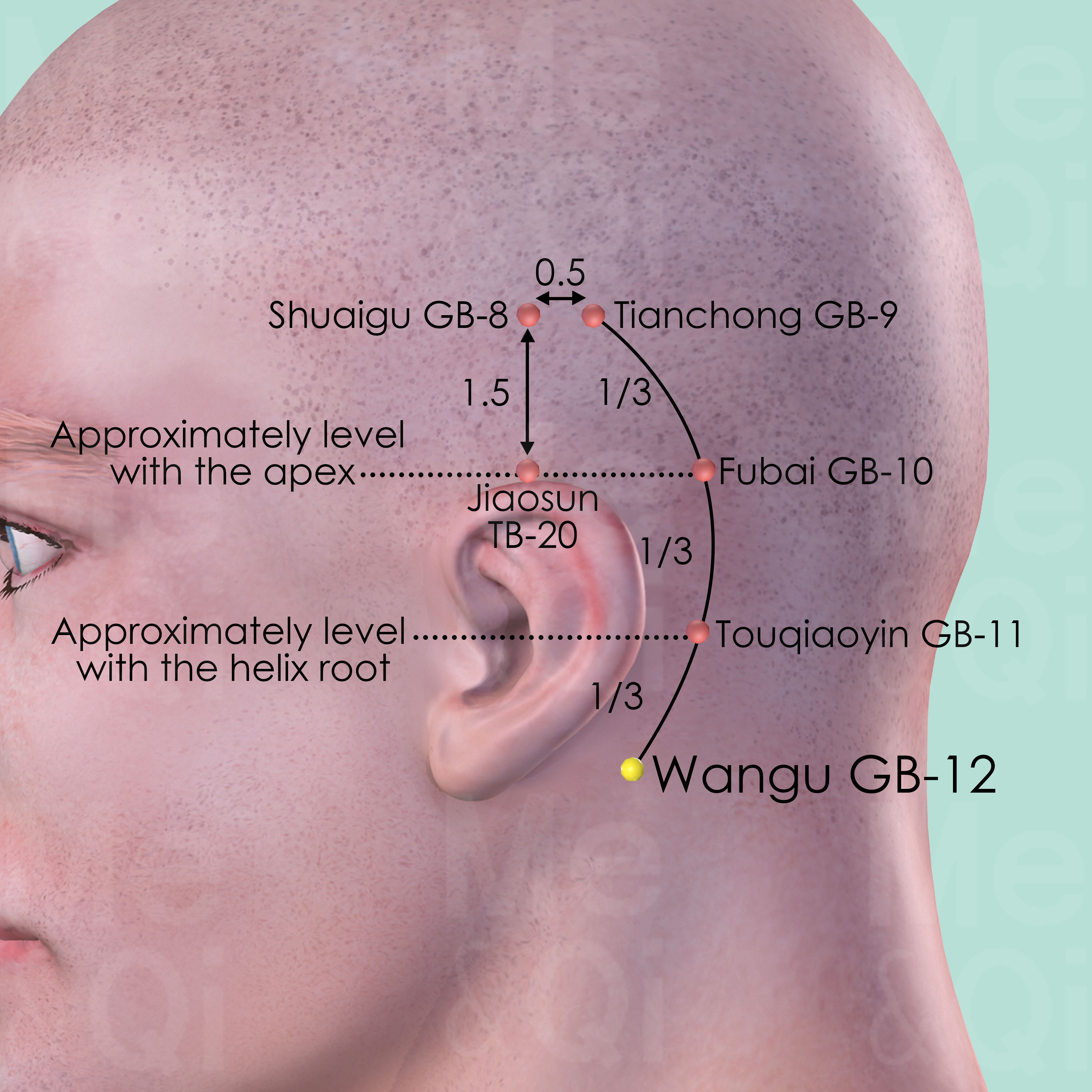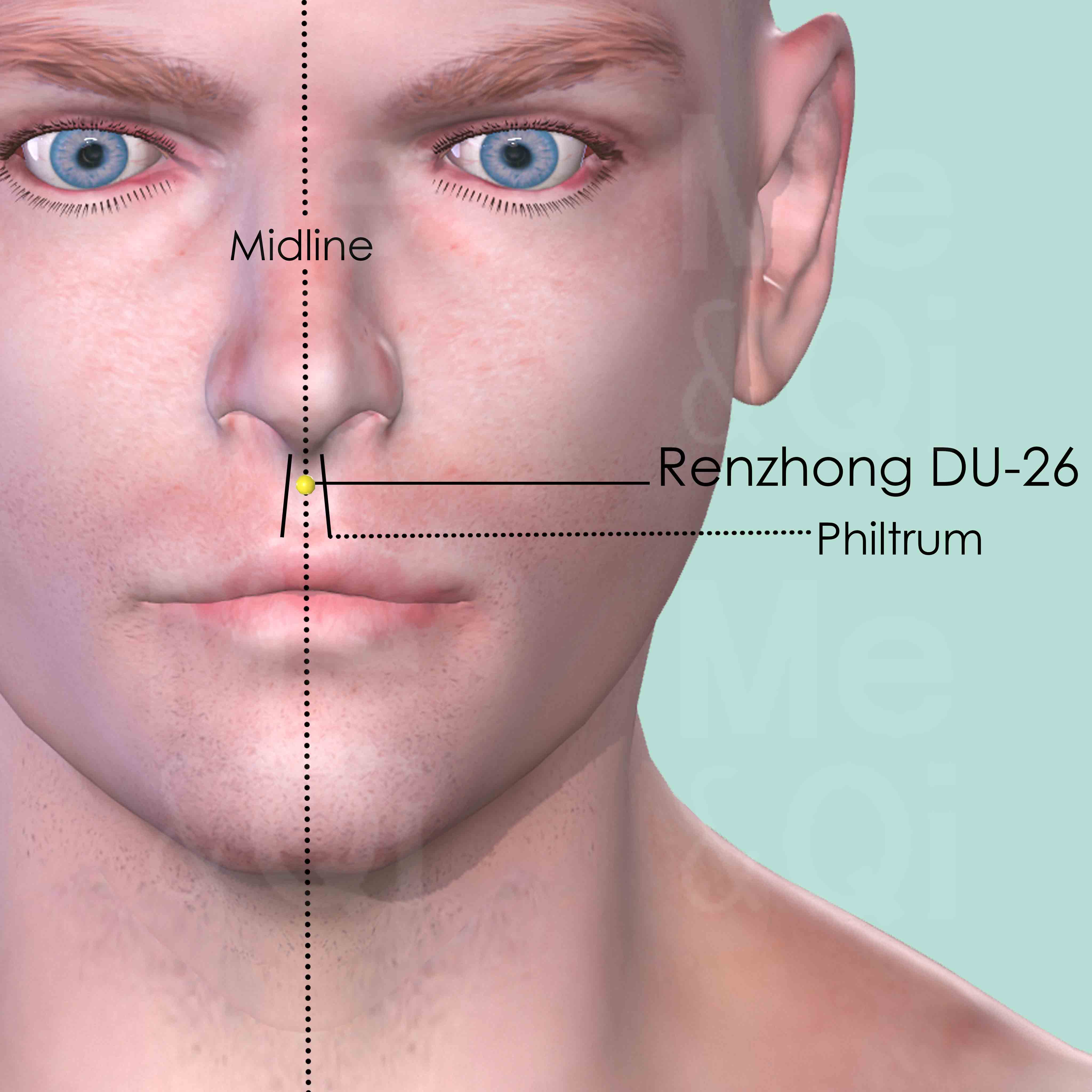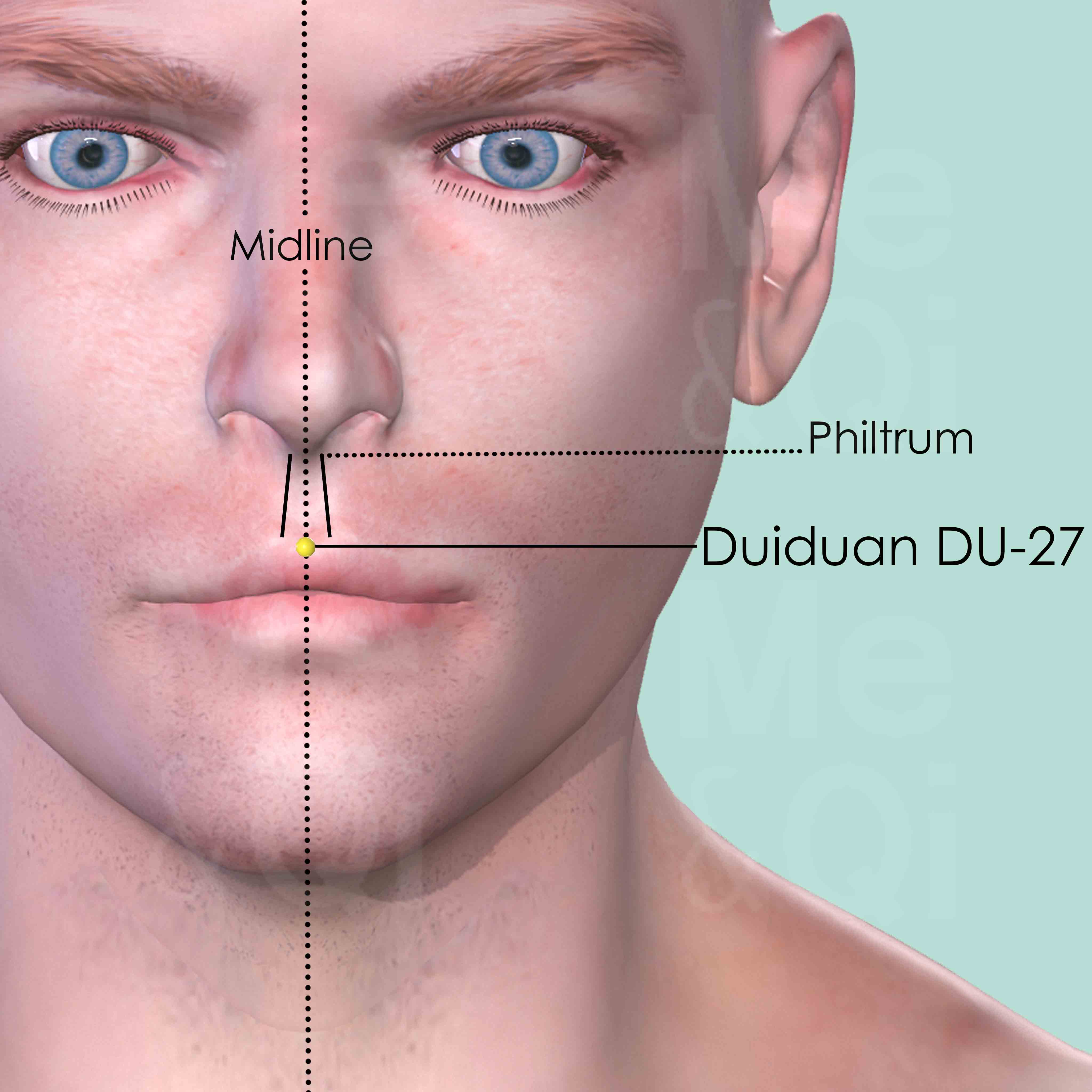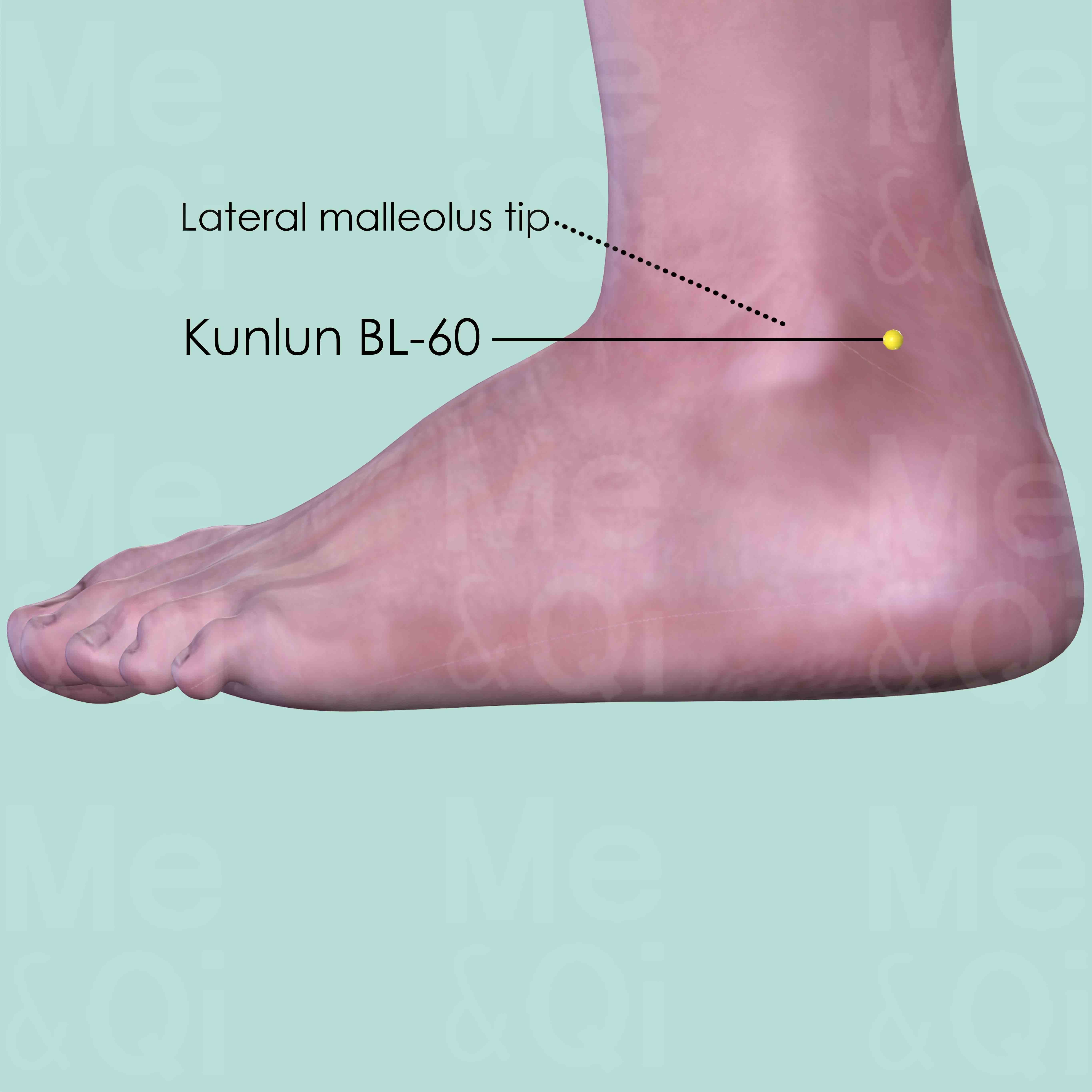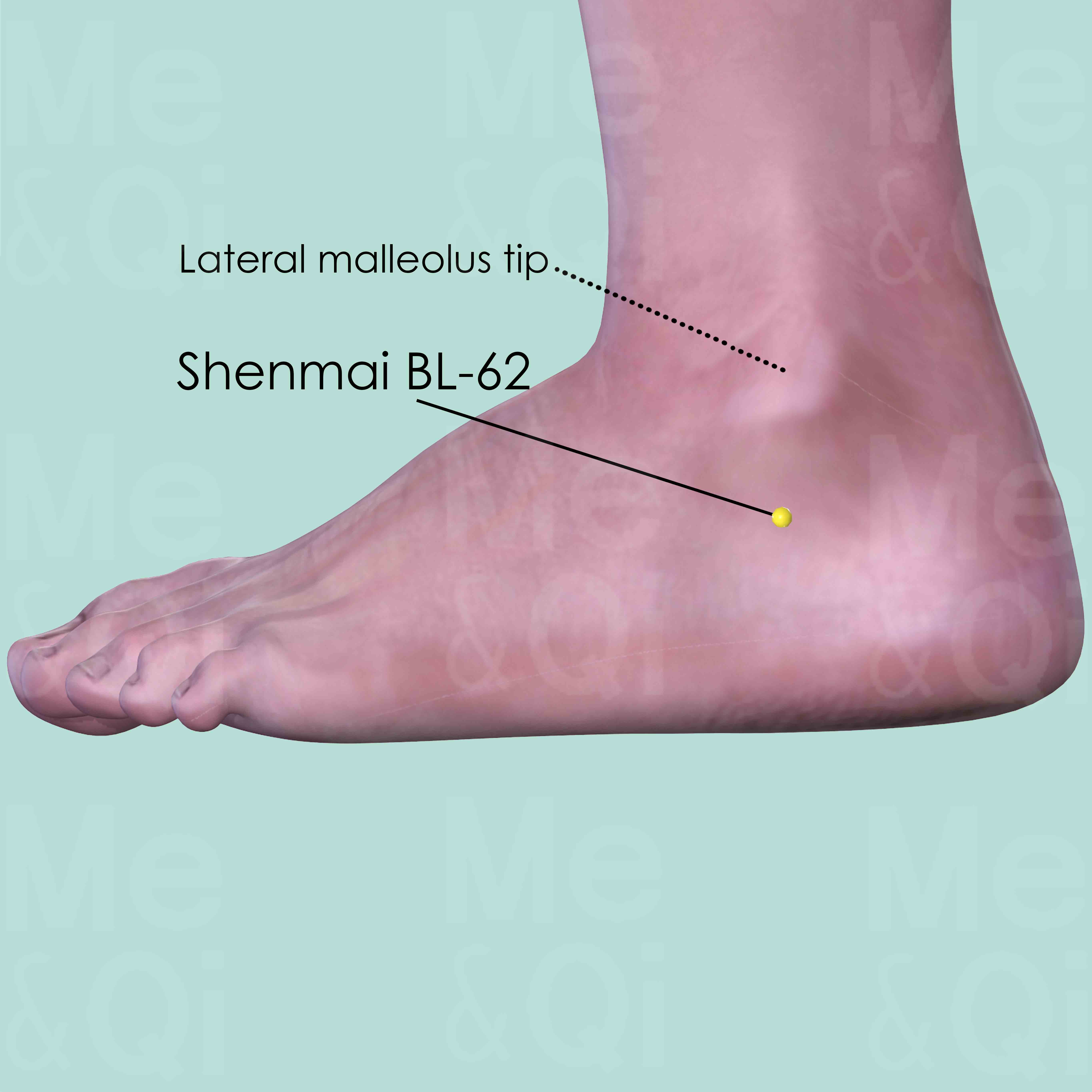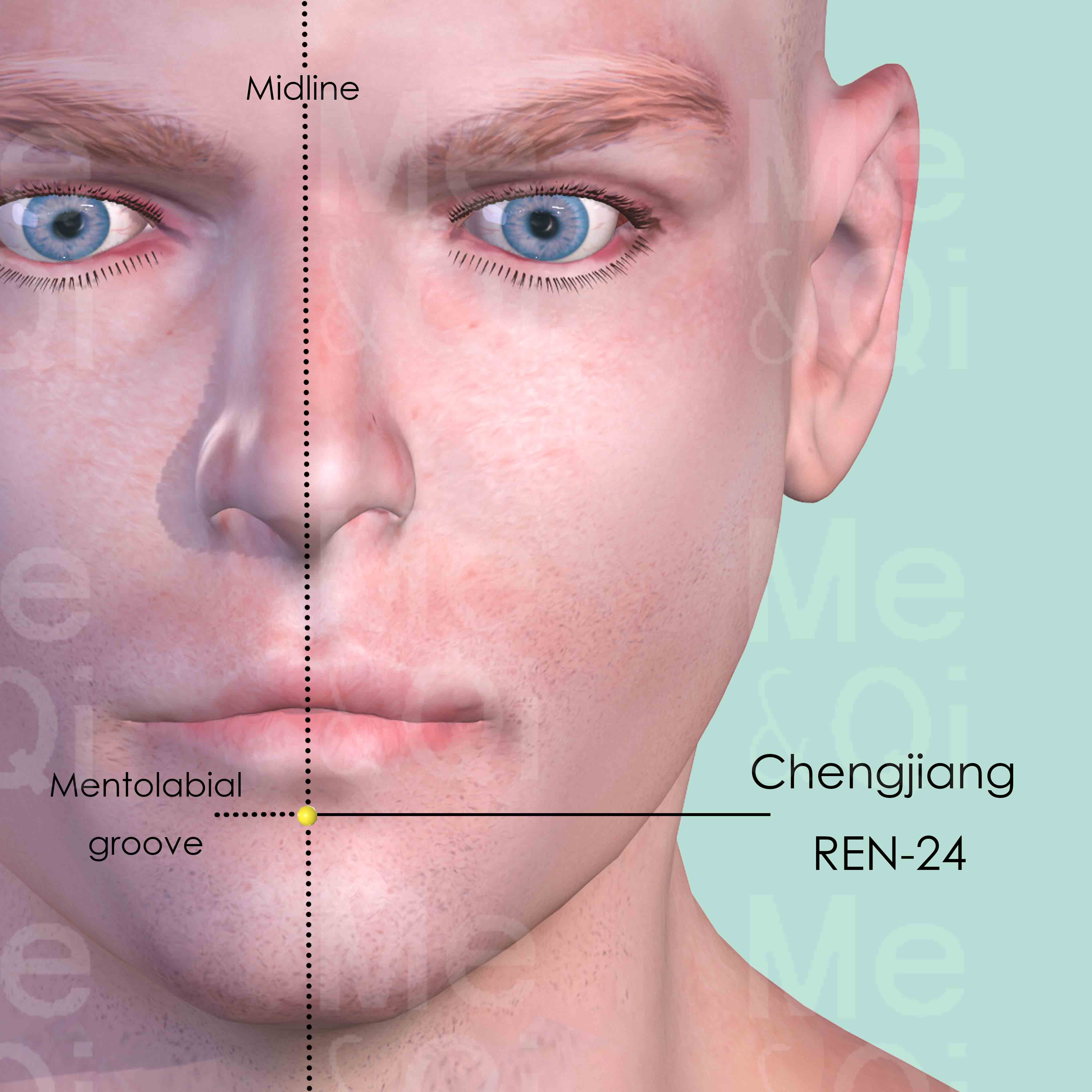Tetanusaccording to TCM
Symptom family: Infectious Diseases
What is Tetanus?
Tetanus, commonly known as lockjaw, is a serious bacterial infection caused by Clostridium tetani. The bacteria typically enter the body through a wound or cut, releasing a toxin that affects the nervous system. This toxin leads to muscle stiffness and spasms, often starting in the jaw, hence the name lockjaw. Without treatment, tetanus can lead to severe complications and even be fatal. Vaccination is the most effective way to prevent this disease.
How Does TCM View Tetanus?
In Traditional Chinese Medicine (TCM), tetanus is viewed through a holistic lens, focusing on the balance of internal energies and external environmental factors. TCM interprets tetanus as a result of pathogenic factors such as Wind, Cold, and Dampness invading the body and obstructing the flow of Qi and Blood, particularly in the Liver and Gallbladder Channels. Treatment in TCM seeks to expel these pathogenic factors, restore the flow of Qi, and nourish the body's Yin and Yang energies.
Causes of Tetanus According to TCM
In Traditional Chinese Medicine (TCM), tetanus, or lockjaw, is often linked to the pattern Bright Yang Fire in the Stomach and Intestines. This reflects an intense internal heat accumulation disrupting Qi (energy) and Blood flow, leading to muscle stiffness and spasms characteristic of tetanus. This Heat may result from an imbalance between Yin and Yang, making the body vulnerable to pathogenic factors like Wind and Cold, particularly in weakened or injured areas.
TCM treatment focuses on cooling the Yang Fire, harmonizing Yin and Yang, and ensuring smooth Qi and Blood flow. This holistic approach targets both the acute symptoms and the underlying disharmonies causing tetanus.
TCM Herbal Formulas for Tetanus
TCM uses specific formulas and herbs to address the underlying patterns of disharmony in tetanus. Xiao Cheng Qi Tang is a commonly used formula for expelling Heat accumulation, particularly when there's Bright Yang Fire in the Stomach and Intestines.
This formula aims to clear Heat, move Qi, and alleviate muscle tension. By targeting these patterns, TCM seeks to reduce the severity of symptoms and promote the body's natural healing processes.
See more details below about Xiao Cheng Qi Tang, a herbal formula used to address tetanus.
- By Formula Type
- Formulas that purge heat accumulation
Formulas that purge Heat accumulation
Tetanus can be treated by these formulas if it arises from an excess of internal heat, needing actions that clear heat and reduce its intensity.
One such formula is Xiao Cheng Qi Tang
Acupoints for Tetanus
Acupuncture, another pillar of TCM, uses specific points to treat tetanus. Points like Fengchi GB-20 and Wangu GB-12 in the Gall Bladder Channel are used to subdue Liver Yang and expel Interior Wind, addressing the spasms and stiffness. Duiduan DU-27 and Renzhong DU-26 in the Governing Vessel are chosen for their Heat-clearing and Mind-calming effects. These points, along with others in the Stomach and Bladder Channels, are strategically selected to restore balance, expel pathogenic factors, and ease the symptoms associated with tetanus.
Explore below some acupoints used to address tetanus, organized by meridian.
- By Meridian
- Gall Bladder Channel
- Governing Vessel
- Stomach Channel
- Bladder Channel
- Directing Vessel
- Triple Burner Channel
- Large Intestine Channel
- Kidney Channel
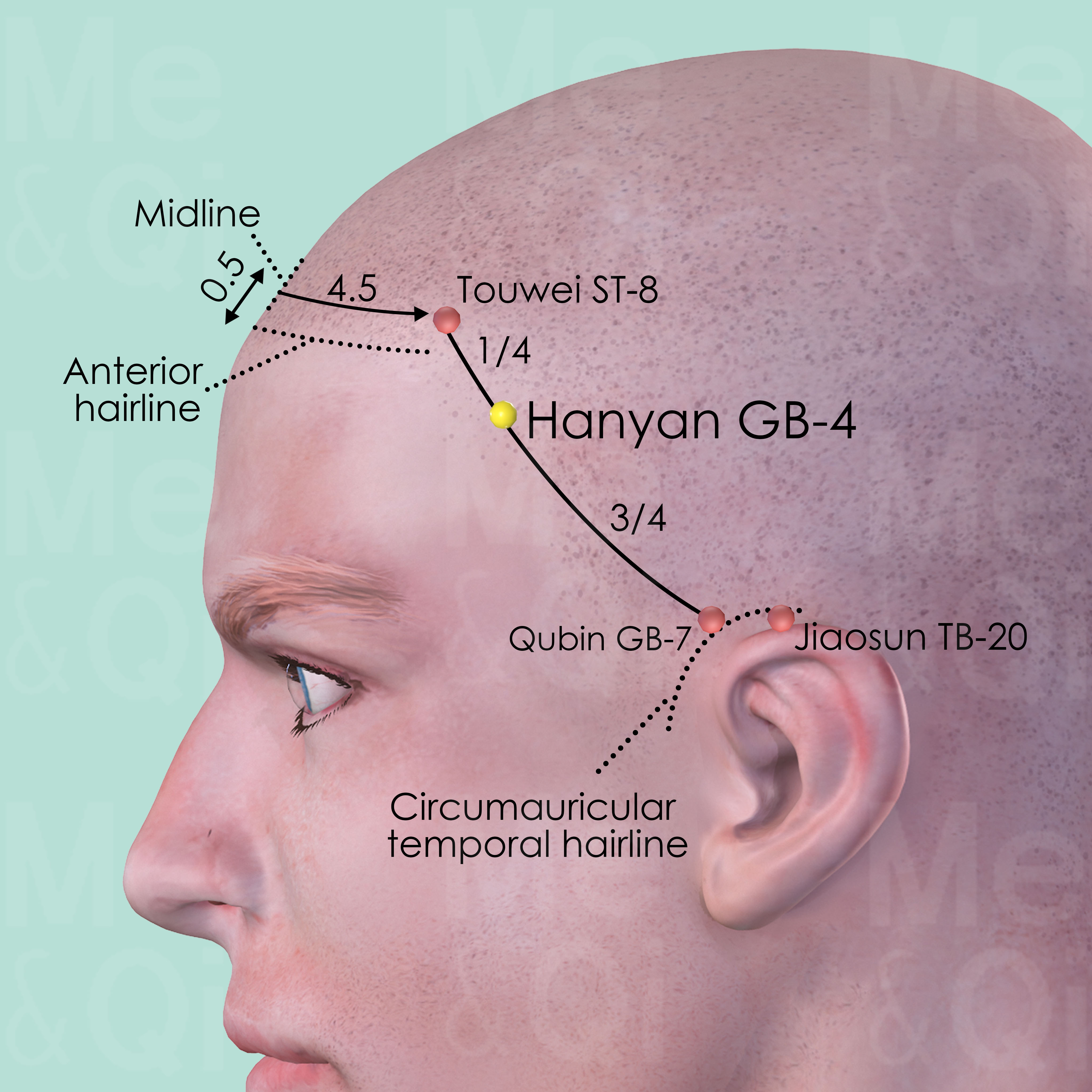
Hanyan GB-4
Within the hairline of the temporal region, midway of the upper half of the distance between Touwei ST-8 and Qubin GB-7.
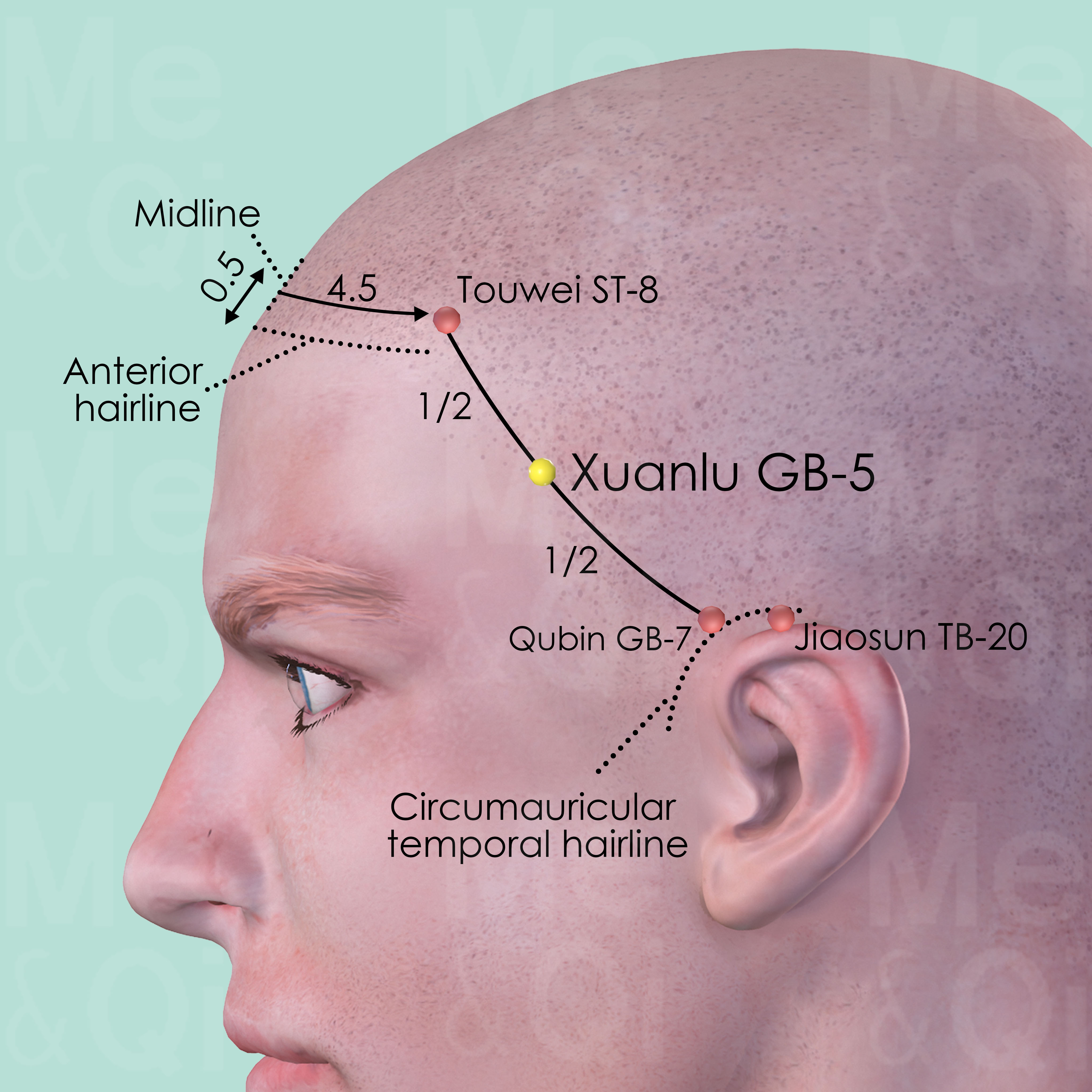
Xuanlu GB-5
Within the hairline of the temporal region, midway of the line connecting Touwei ST-8 and Qubin GB-7.
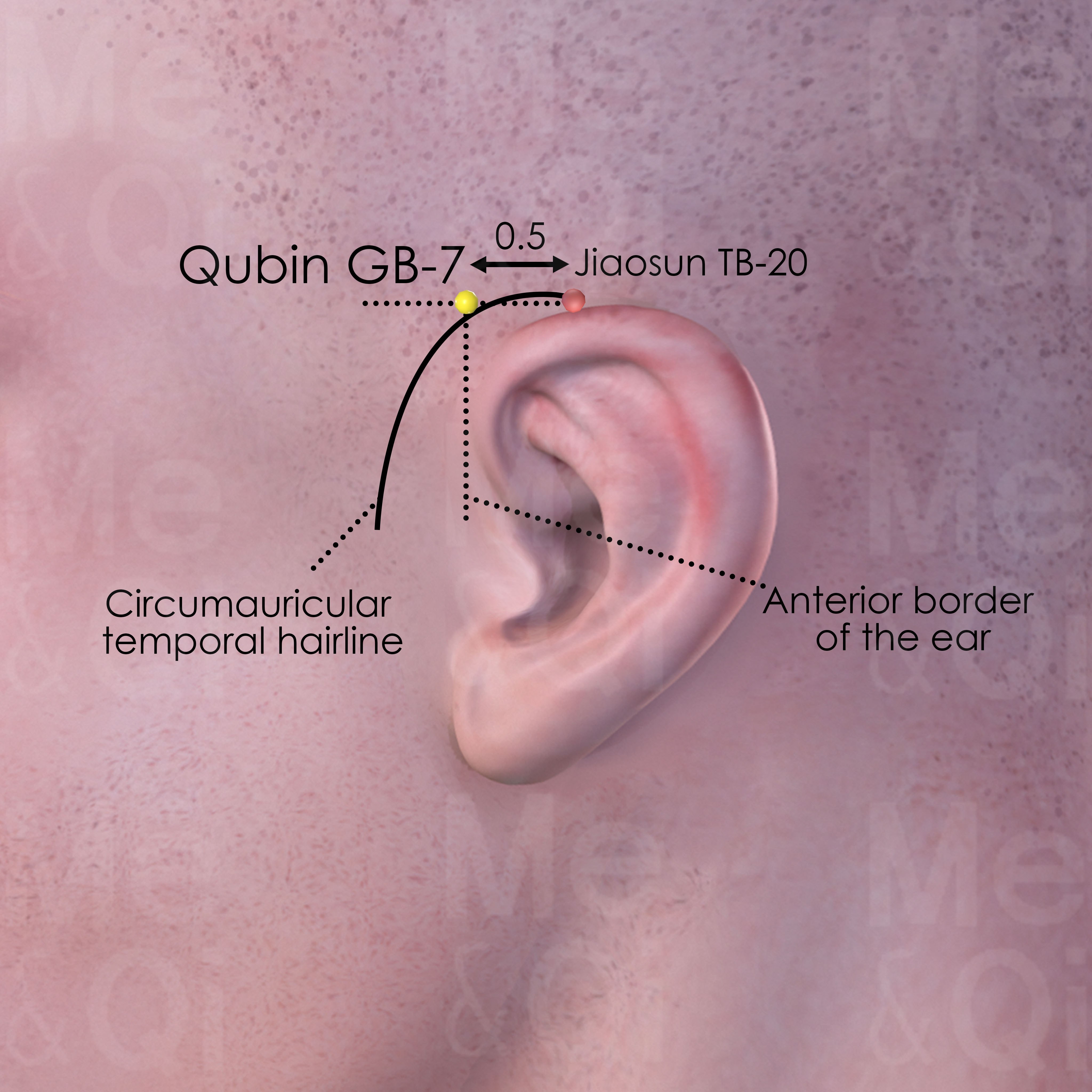
Qubin GB-7
Within the hairline anterior and superior to the auricle, about 1 finger-breadth (0.5 cun) anterior to Jiaosun TB-20 which is on the apex of the ear.
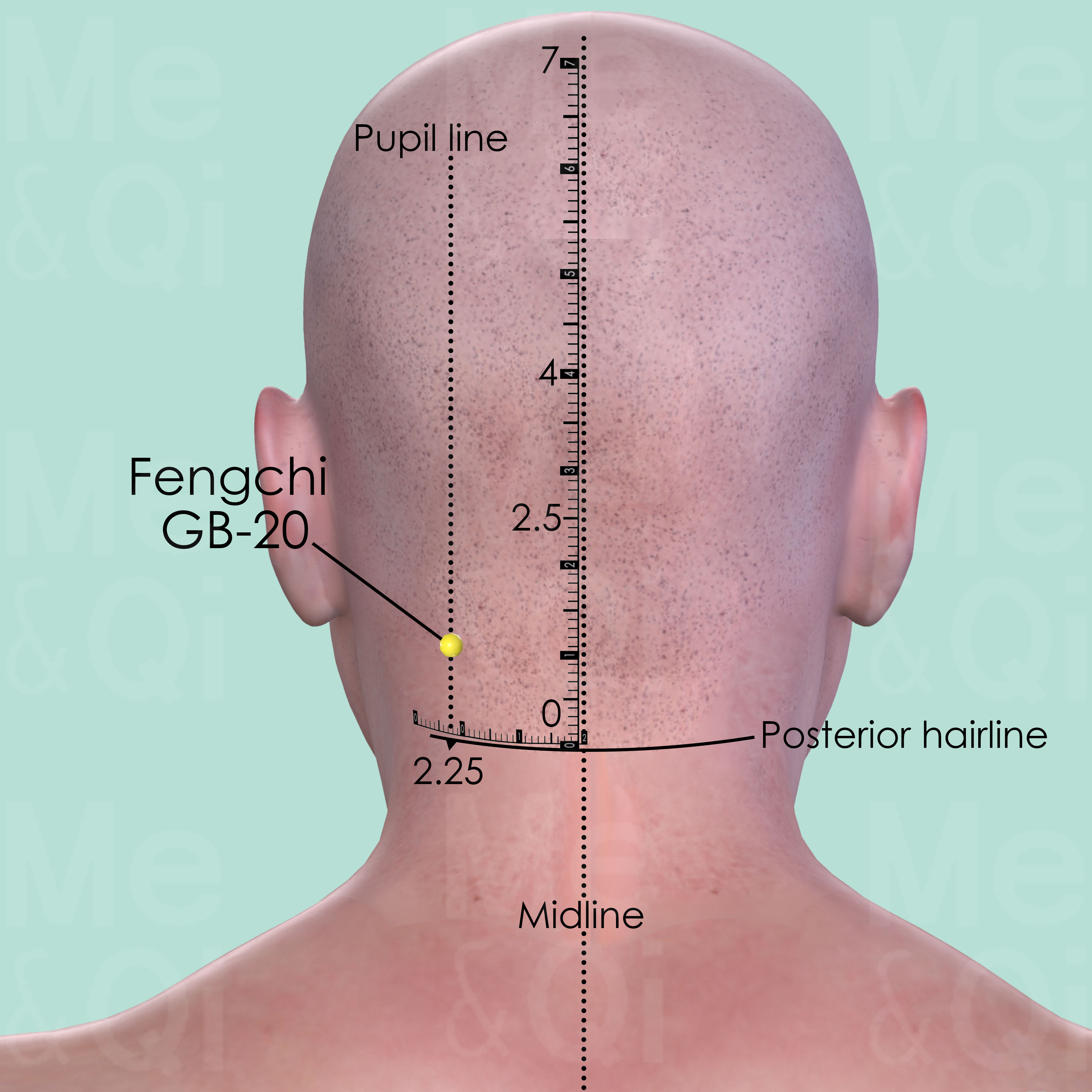
Fengchi GB-20
In the posterior aspect of the neck, below the occipital bone, in the depression between the upper portion of sternocleidomastoid and trapezius muscle.
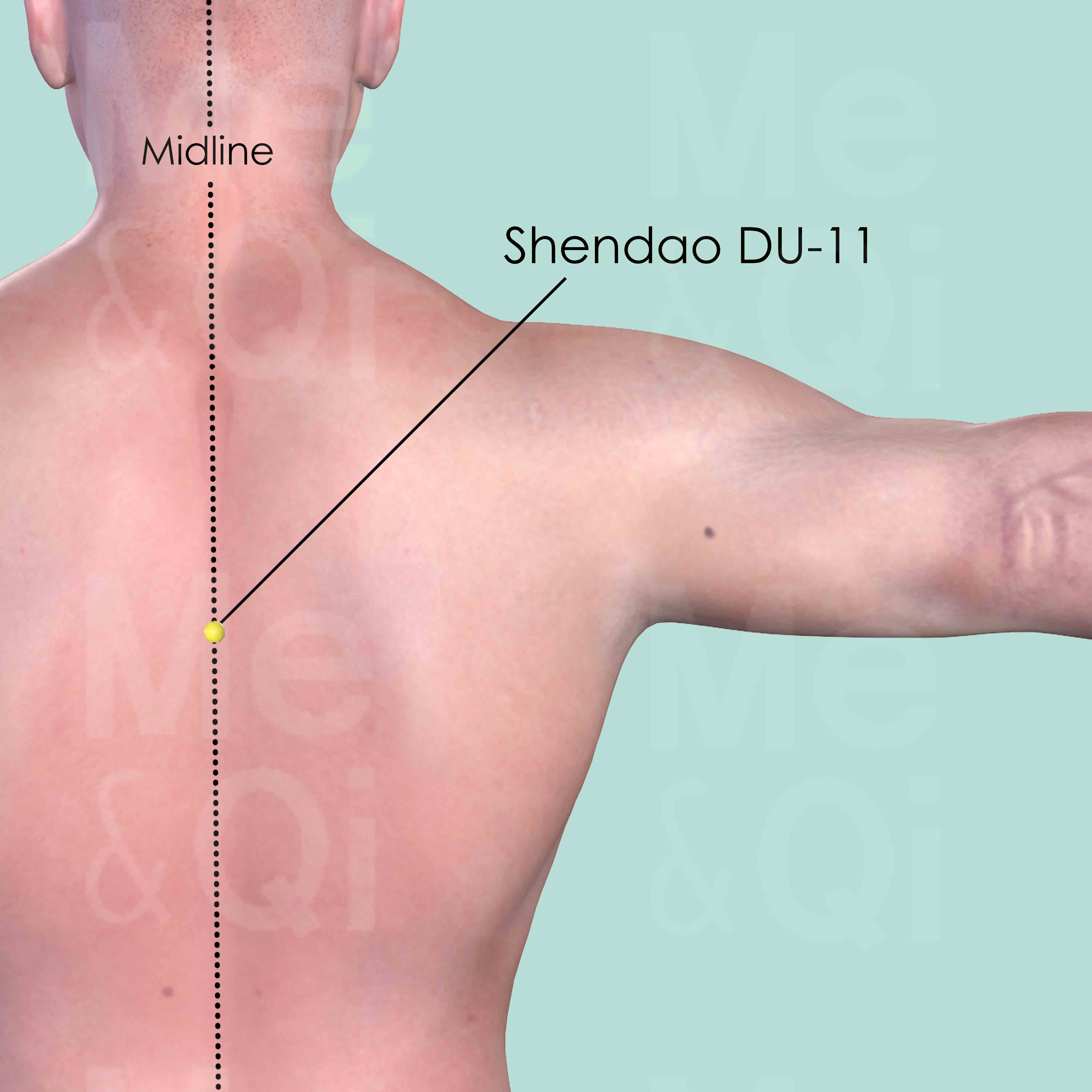
Shendao DU-11
On the back midline, in the depression below the spinous process of the 5th thoracic vertebra (T5).
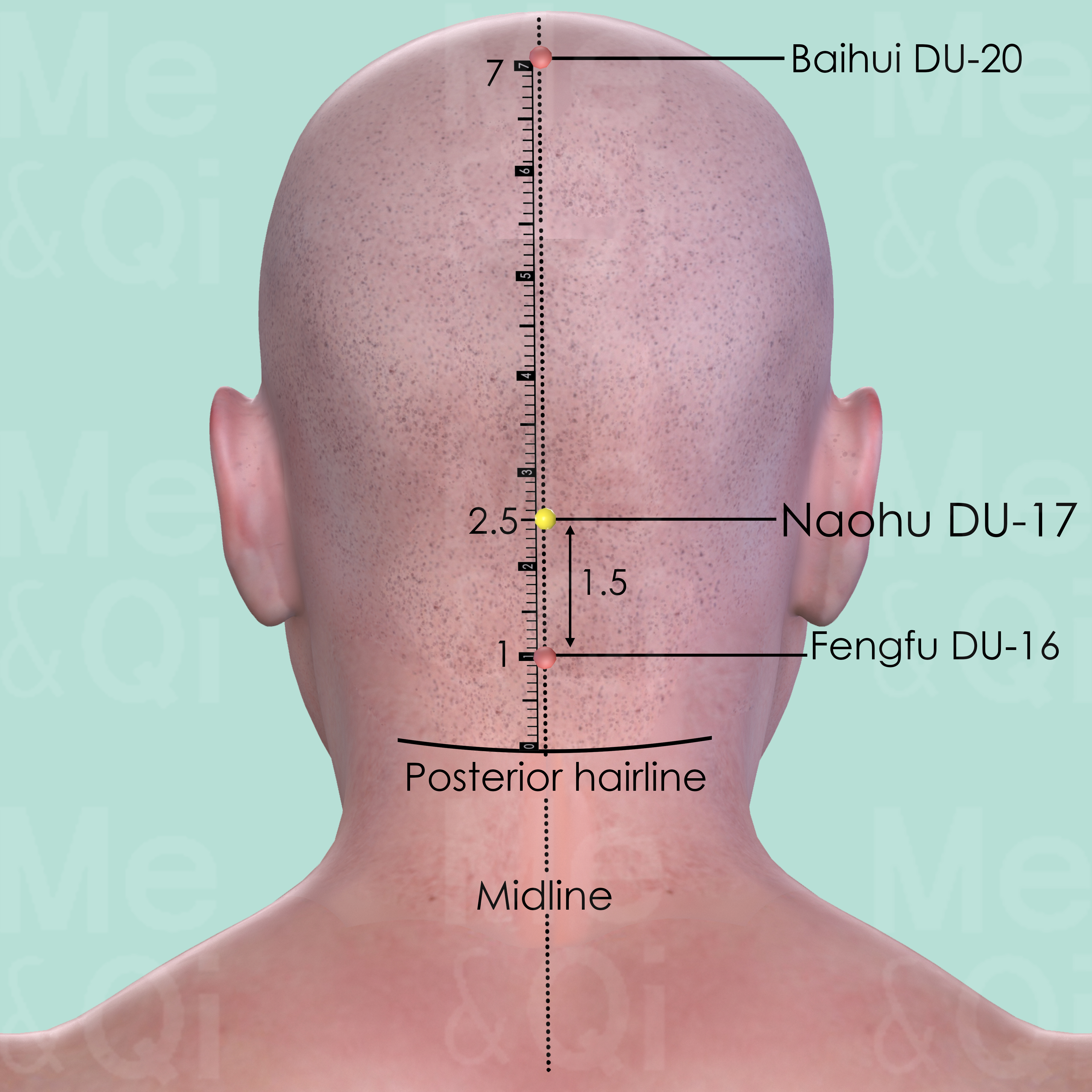
Naohu DU-17
1.5 cun above Fengfu DU-16 or 2.5 cun above the posterior hairline, in a depression superior to the external occipital protuberance.
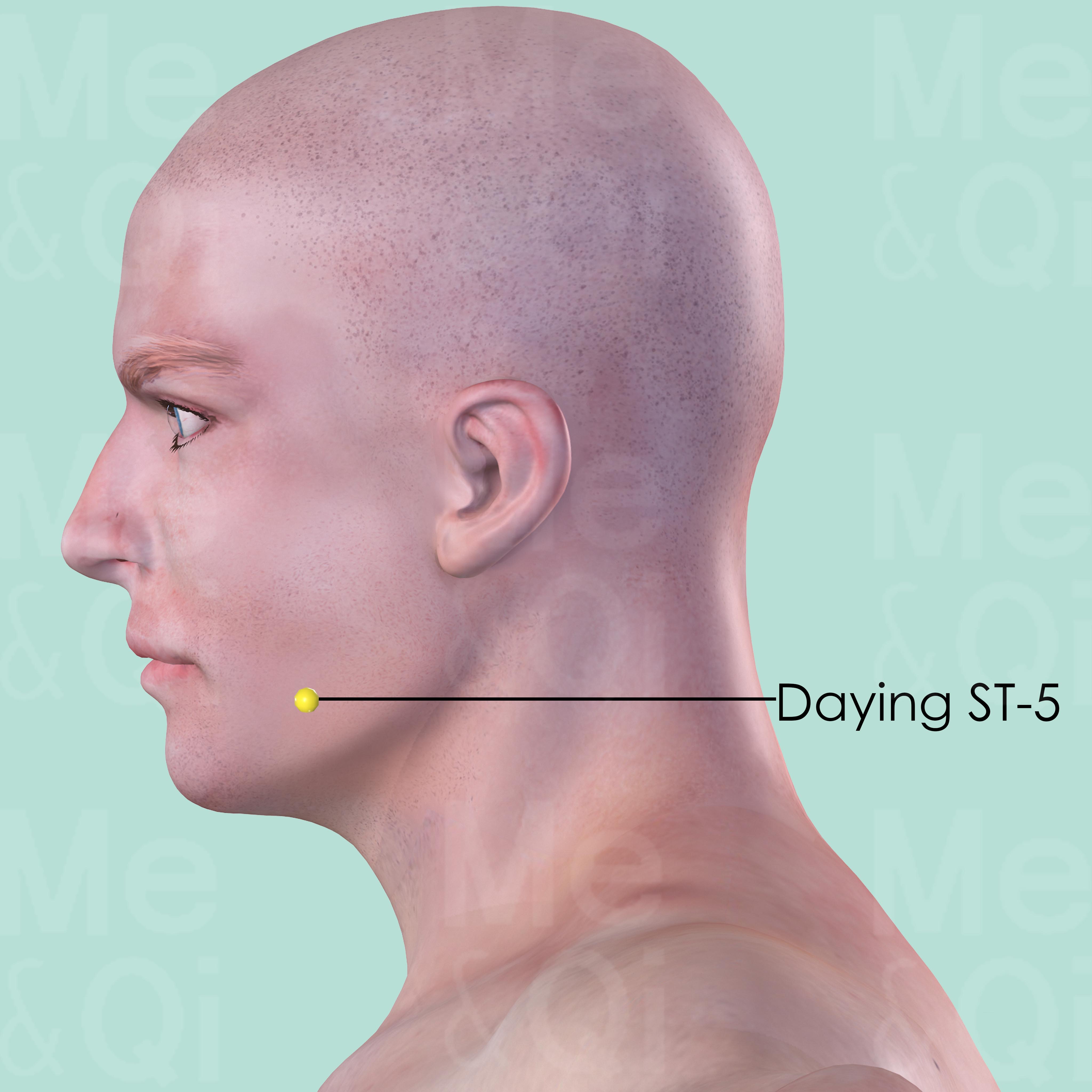
Daying ST-5
On the lateral mandible, on the anterior border of masseter muscle, in the groove-like depression appearing when the cheek is bulged.
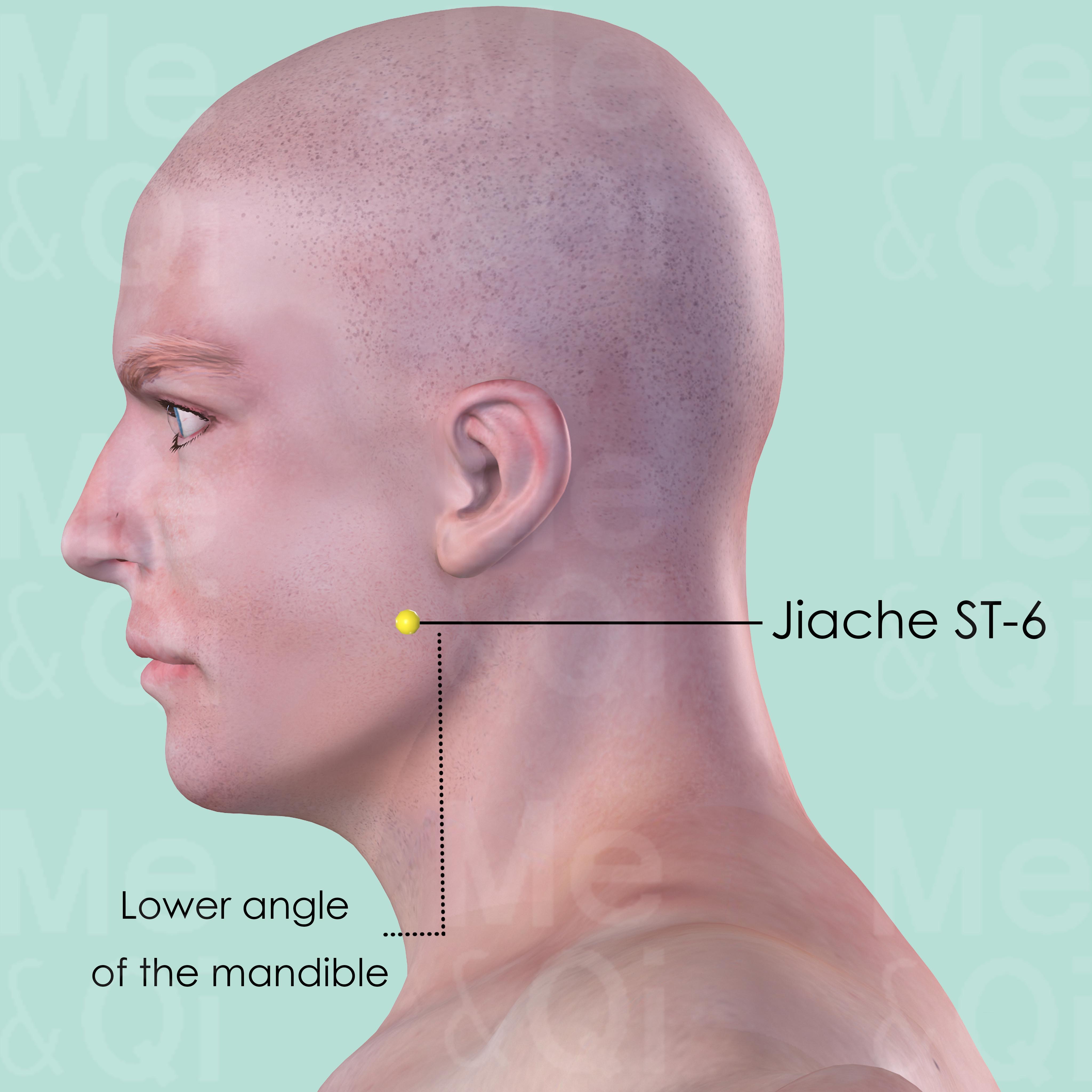
Jiache ST-6
One finger-breadth anterior and superior to the lower angle of the mandible where masseter muscle attaches at the prominence of the muscle when the teeth are clenched.
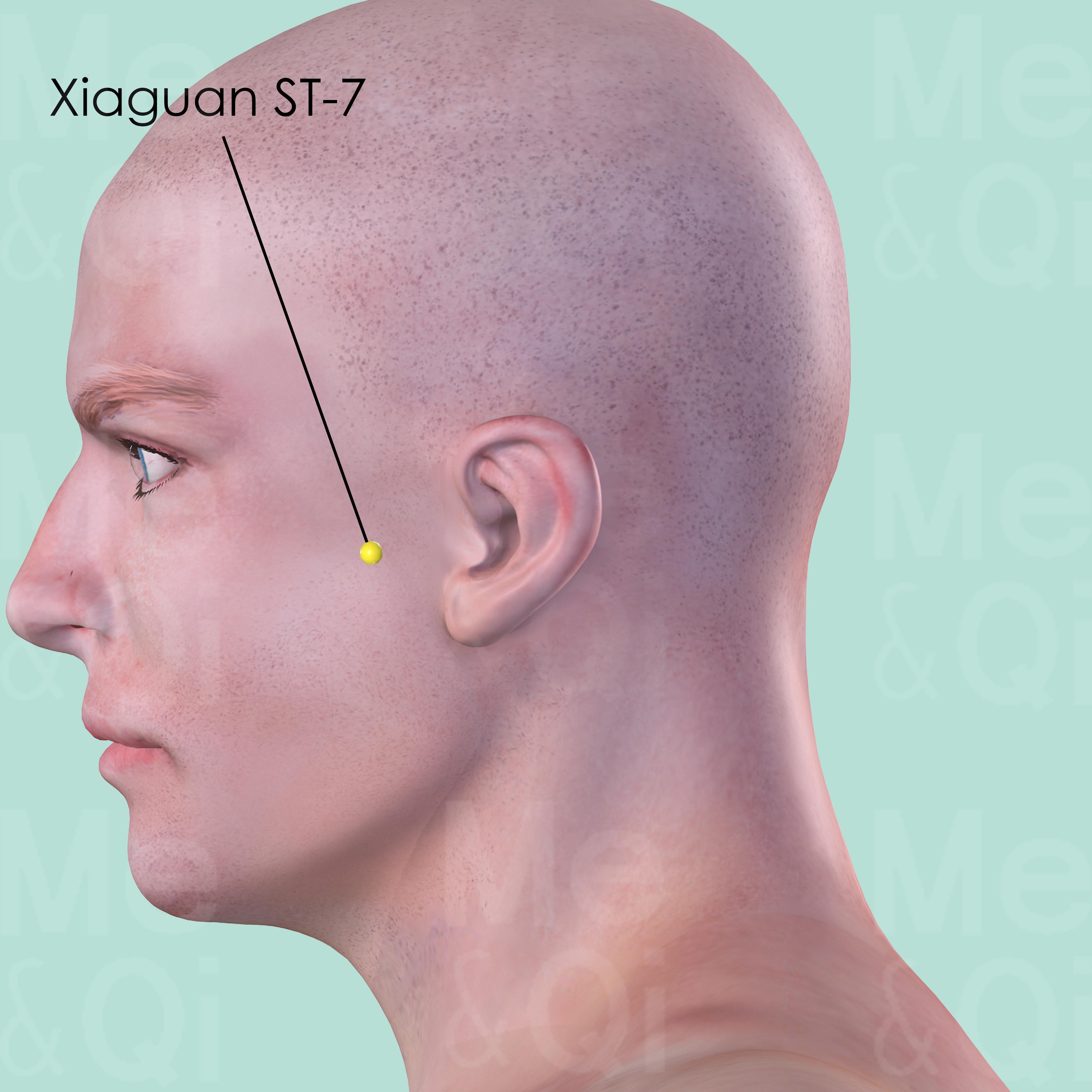
Xiaguan ST-7
In the depression at the lower border of the zygomatic arch, anterior to the condyloid process of the mandible. Xiaguan ST-7 is located when the mouth is closed.
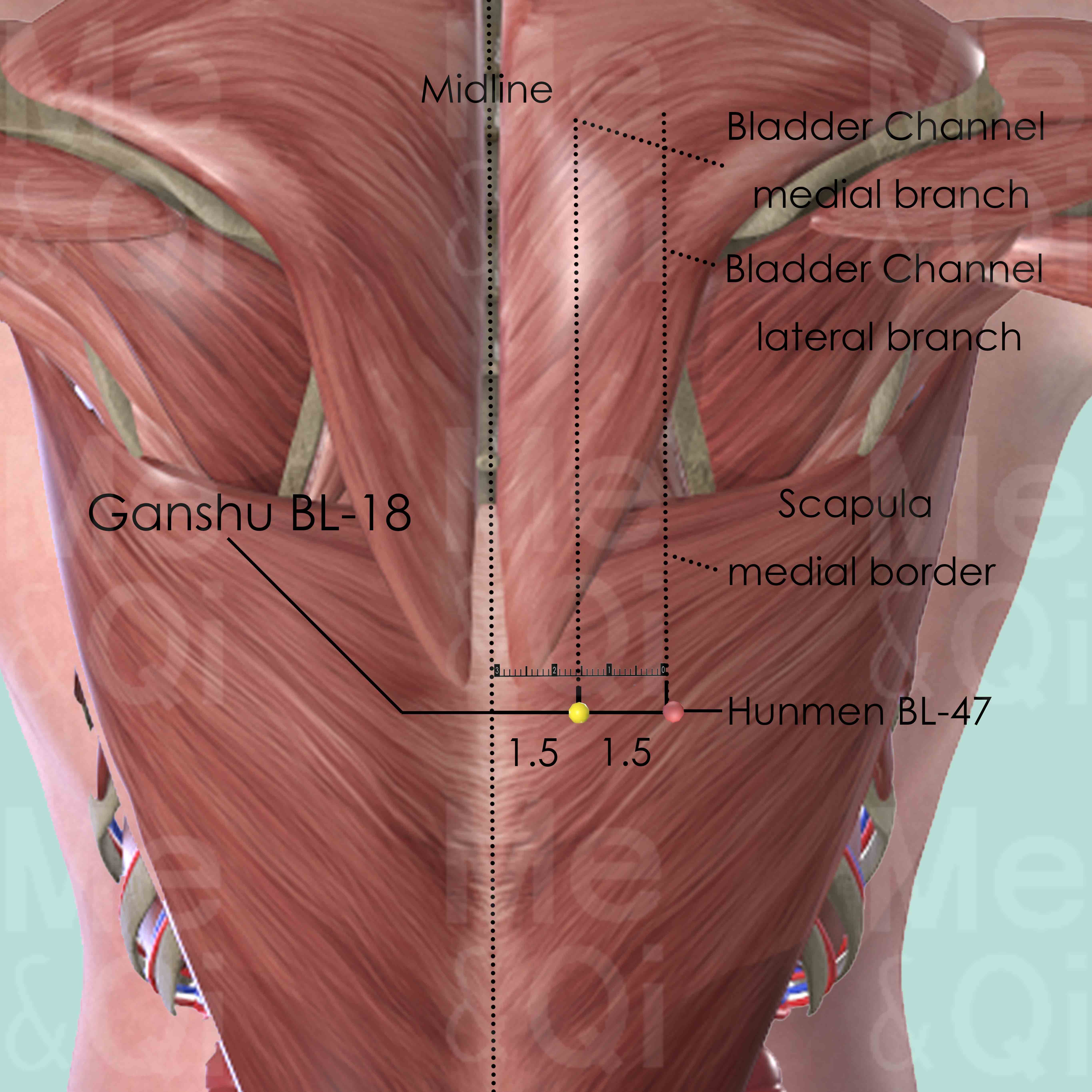
Ganshu BL-18
1.5 cun lateral to the lower border of the spinous process of the 9th thoracic vertebra (T9).
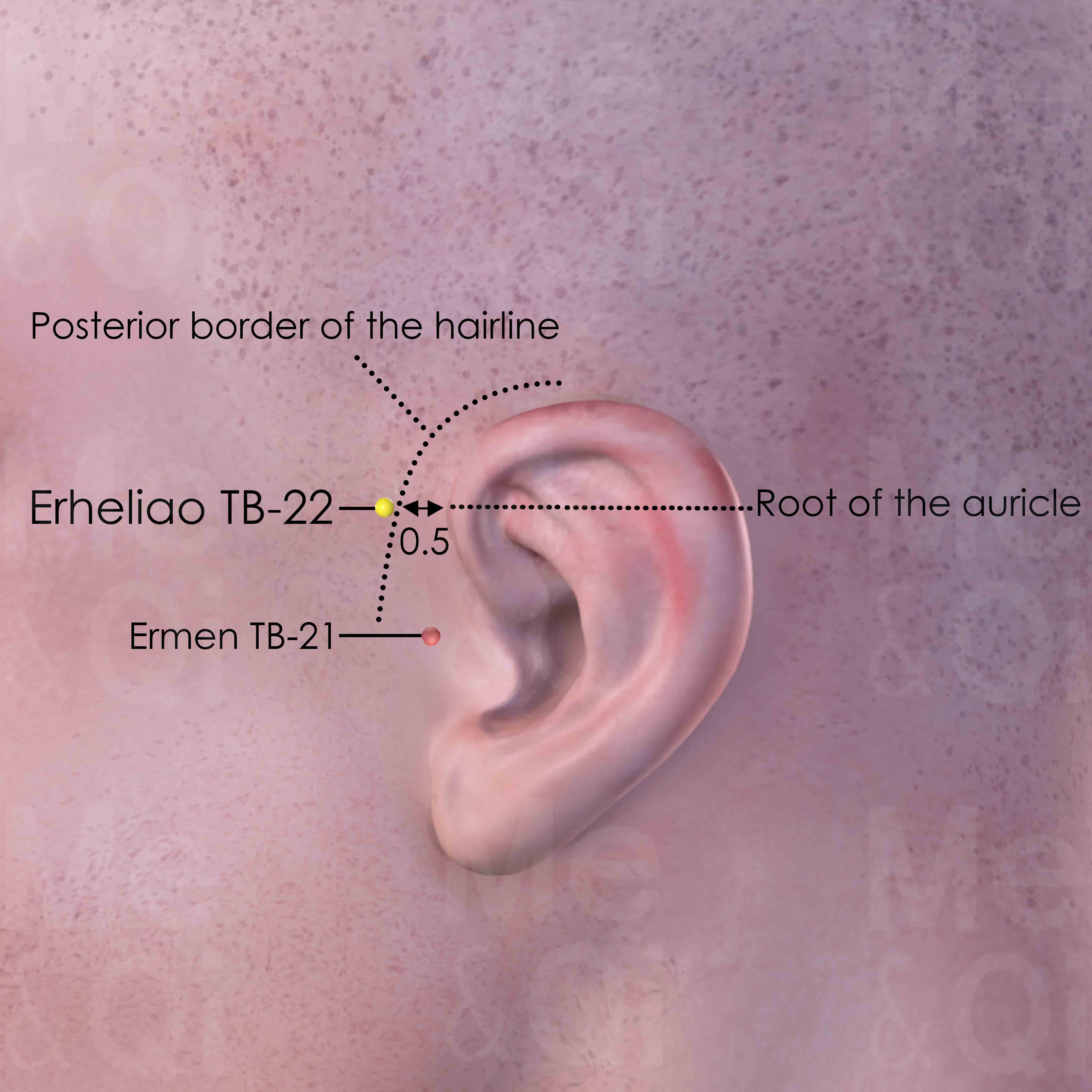
Erheliao TB-22
Anterior and superior to Ermen TB-21, level with the root of the auricle, on the posterior border of the hairline of the temple where the superficial temporal artery passes.
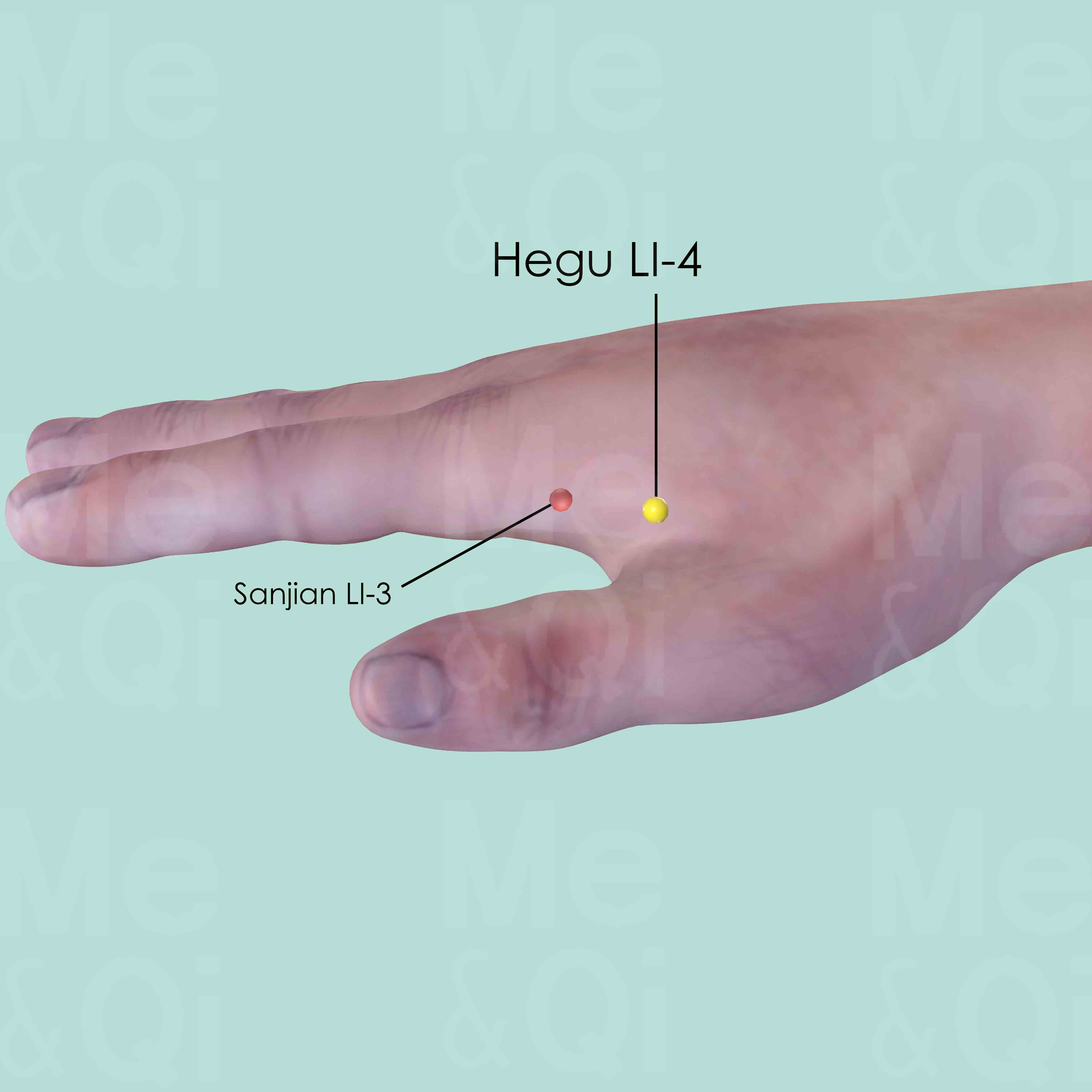
Hegu LI-4
Between the 1st and 2nd metacarpal bones, approximately in the middle of the 2nd metacarpal bone on the radial side.
TCM Herbs for Tetanus
Explore below some TCM herbs used to address tetanus, organized by herb category.
- By Herb Category
- Herbs that pacify internal liver wind and stop tremors
- Warm herbs that transform phlegm and stop cough
- Cool herbs that transform phlegm and stop cough
- Herbs that dispel wind and dampness
- Herbs that invigorate the blood
Herbs that pacify Internal Liver Wind and stop Tremors
Tetanus can be treated by these herbs when caused by internal wind from Liver disharmony, often manifesting in symptoms like spasms or tremors.
One such herb is Centipedes (Wu Gong), which is directly recommended for tetanus.
Other herbs of this category are listed in the table below.
"Herbs that pacify Internal Liver Wind and stop Tremors" recommended for tetanus
| Herb | Formulas they belong to (if applicable) |
|---|---|
| Centipedes (Wu Gong) | Not applicable |
| Gastrodia Rhizomes (Tian Ma) | Not applicable |
| Silkworms (Jiang Can) | Not applicable |
Warm herbs that transform Phlegm and stop Cough
Tetanus can be treated by these herbs when it results from phlegm due to cold deficiency, aiming to warm the lungs and dissolve phlegm accumulation.
One such herb is Arisaema (Tian Nan Xing), which is directly recommended for tetanus.
Other herbs of this category are listed in the table below.
"Warm herbs that transform Phlegm and stop Cough" recommended for tetanus
| Herb | Formulas they belong to (if applicable) |
|---|---|
| Arisaema (Tian Nan Xing) | Not applicable |
| Giant Typhonium Rhizomes (Bai Fu Zi) | Not applicable |
Cool herbs that transform Phlegm and stop Cough
Tetanus can be treated by these herbs when it is related to heat-phlegm accumulation, aiding in dissolving phlegm and soothing the respiratory system.
One such herb is Arisaema With Bile (Dan Nan Xing), which is directly recommended for tetanus.
Herbs that dispel Wind and Dampness
Tetanus can be treated by these herbs when it is due to the invasion or accumulation of wind and dampness, which often affects the muscles and joints.
One such herb is Black-Tail Snakes (Wu shao she), which is directly recommended for tetanus.
Herbs that invigorate the Blood
Tetanus can be treated by these herbs when it stems from stagnation or poor circulation of blood, helping to improve blood flow and alleviate related discomfort.
One such herb is Scarab Grubs (Qi Cao), which is directly recommended for tetanus.

